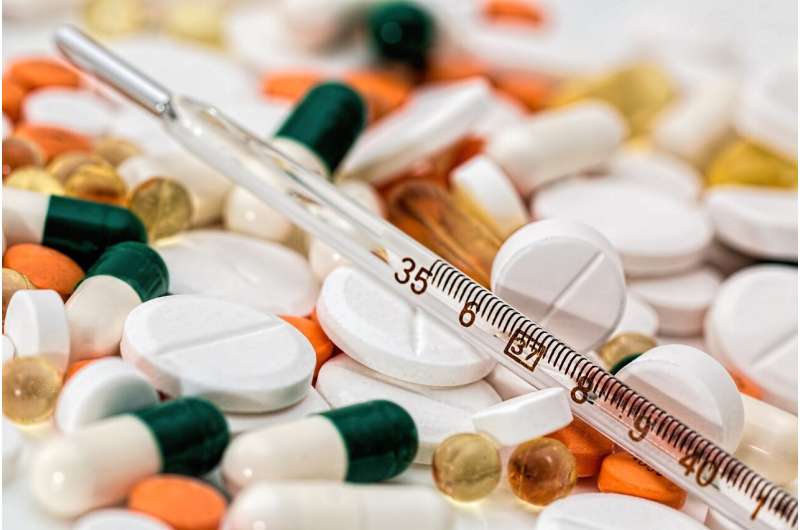
Daylight saving time will begin on Sunday, March 14, at 2 a.m. in those areas of the U.S. that recognize daylight saving time. This is when clocks are set ahead one hour.
Along with changing your clocks, it’s a good time to make a home safety checklist. Test smoke alarms and carbon monoxide detectors, and replace batteries if needed. It’s also a good time to refresh your home first-aid kit, check for expired medication, and ensure your family has a plan in case of illness or an emergency.
Dr. Casey Clements, an emergency medicine physician at Mayo Clinic, says while COVID-19 infections are beginning to decrease due to widespread safety protocols and rollouts of COVID-19 vaccines, it’s important to stay vigilant and be prepared.
“Having a plan for what you would do if you or your family gets infected is incredibly important. And that’s having a plan for how would you get food? Do you have medications on hand? Do you have the ability to take care of yourself with the things that you need?”Watch: Dr. Casey Clements discusses emergency planning during COVID-19.
“Any prescription medications that a patient has, they want to make sure they have an adequate supply,” says Dr. Clements. “And if you have COVID-19, it’s not like you can run out to the pharmacy, as you would be putting people at risk. Along with any prescriptions, I am a strong advocate that people should always have ibuprofen or acetaminophen, or both.”
A fever may be a sign of illness and a common symptom of COVID-19 infection. Dr. Clements says having a working thermometer in your home can help you know if your temperature is elevated.
“It is very common that people come to the Emergency Department and say they have a fever, and they don’t have a thermometer and haven’t had a way to measure that. It is helpful as a way to take care of yourself to know if you do have elevated temperature.”Basic first-aid supplies and medications include:
- A thermometer.
- Adhesive tape.
- Elastic wrap bandages.
- Bandage strips and bandages in assorted sizes.
- Over-the-counter pain relievers.
- Hand sanitizer.
- Antibiotic ointment.
- Antiseptic solution and towelettes.
- Anti-diarrheal medication.
- Laxatives.
- Antacids.
If you are having a medical emergency, Dr. Clements says do not hesitate to seek immediate care.
Source: Read Full Article
